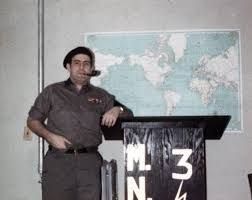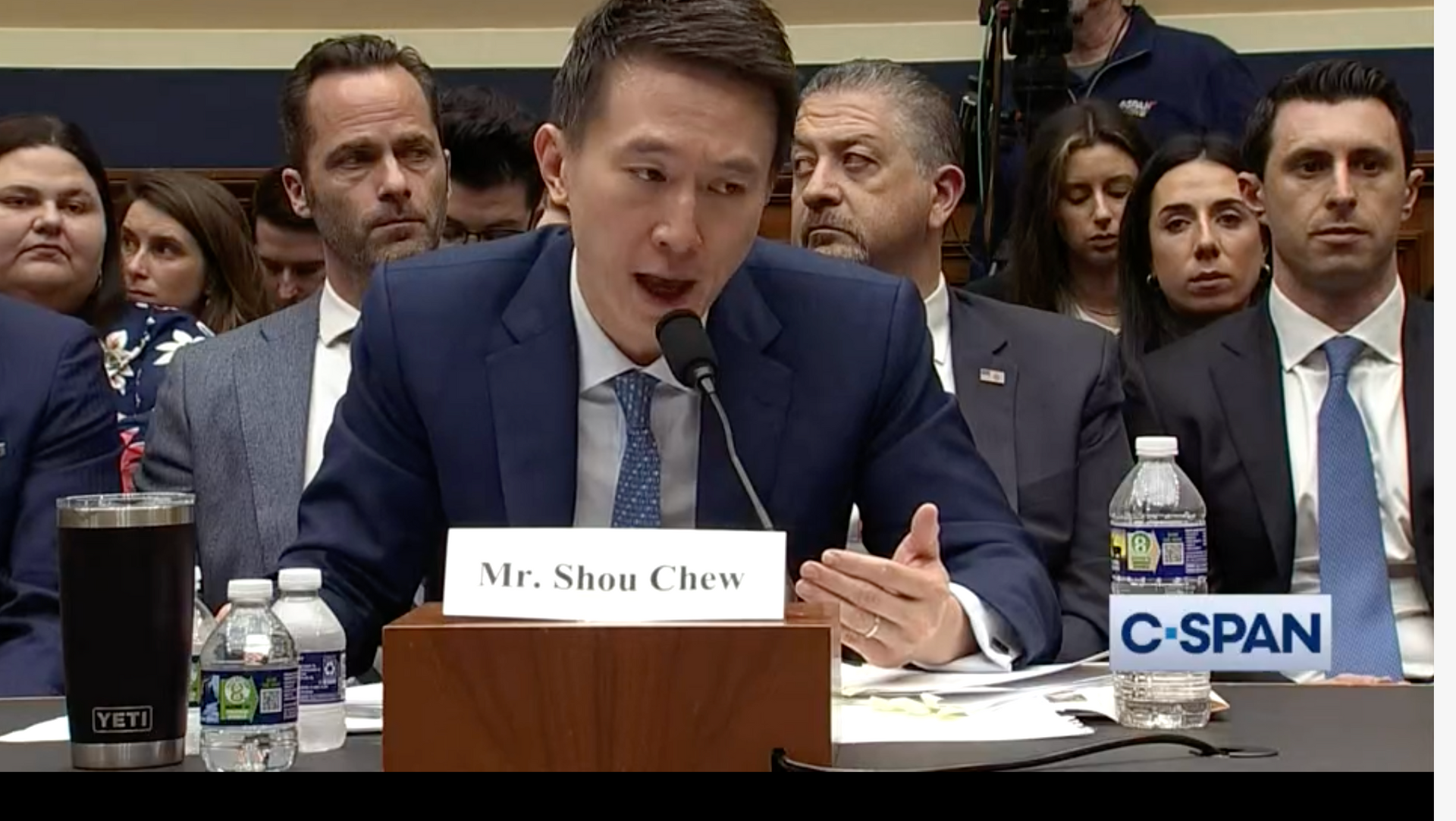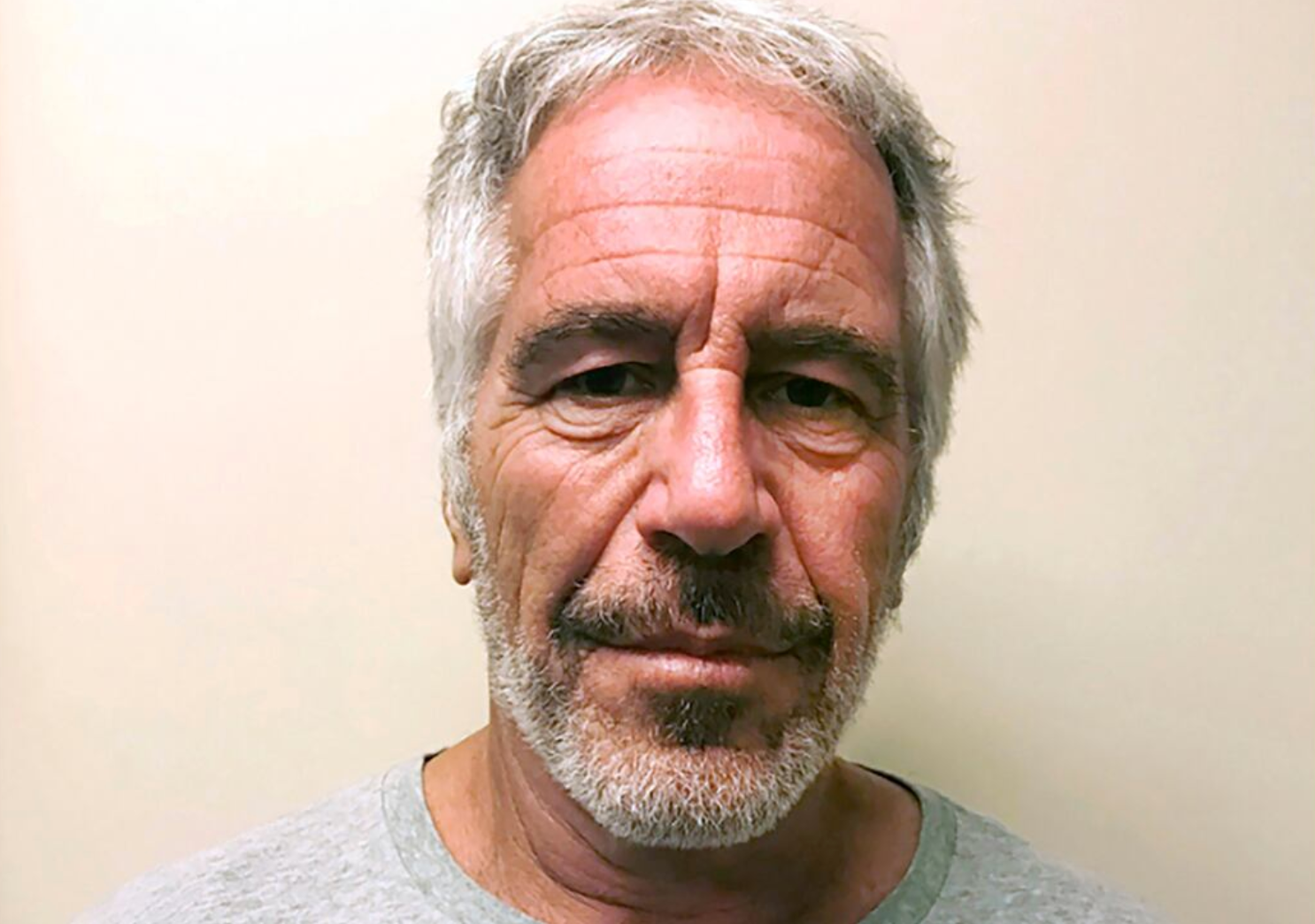Trump Is In No Position To Sign A Human Trafficking Bill
April 12, 2018
Trump's Business Partners are Linked to Credible Allegations of Human Trafficking
My latest piece
, "Congress's New Sex Trafficking Bill Won't Solve Anything," is up at The American Conservative
. It's a criticism of the latest sex trafficking bill passed by Congress, FOSTA.
The bill prohibits website owners from “ promoting or facilitating prostitution of another person.
” The terms “force, fraud, or coercion,” were not mentioned, which means Congress essentially redrafted the traditional definition of human trafficking to include prostitution between consenting adults.
Human trafficking is actually a fairly complex subject, but there is one simple, central caveat -- traffickers thrive upon vulnerability. Thus, criminal penalties for prostitution leave members of the sex industry susceptible to exploitation because they can’t go to the police for protection.
By the way, that exploitation isn’t entirely limited to pimps and traffickers. In order to avoid being arrested, sex workers are often extorted for free sex by those who are sworn to “protect and serve.” Last year, the city of Oakland settled a civil lawsuit
with a teen prostitute who had sex with as many 30 local police officers. More than a few officers had sex with her while she was underage.
Obviously, there’s no definitive way of knowing the exact extent of this police extortion. However, there was one academic study that provided statistics. The author Stephen Dubner and economist Steven Levitt have published numerous unconventional studies under the banner of “Freakonomics.” One of which found that 3%
of Chicago prostitutes’ sex acts were provided for free to area police officers to avoid arrest.
Contrary to popular belief, websites that allow sex workers to advertise their services help them to avoid working for a pimp. With technology, they can selectively screen their clients and provide the police with data in case they are victimized. Albeit, that is the case in countries where prostitution is decriminalized. For those reasons and more, a university-conducted survey
found that nearly 80% of U.K.-based sex workers responded that the Internet made their work conditions safer.
But, in the end, this concept generally falls on deaf ears because w
e live in a time when the terms “prostitution” and “trafficking” are falsely used interchangeably. In other words, the debate
surrounding human trafficking has been stifled by an extremely flawed belief that essentially everyone in the sex industry is a victim of human trafficking.
It’s a small part of the current moral panic in which over-reactions are manufactured by activist organizations. Case in point, Walmart recently agreed to remove
issues of Cosmopolitan magazine from checkout stands after receiving pressure from the anti-pornography group, the National Center on Sexual Exploitation.
Worst of all, this moral panic often ignores the more relevant issue of labor trafficking. Case in point,
Donald Trump has made human trafficking a major talking point without even a hint of pushback from the press. In fact, he declared
January as Human Trafficking Prevention Month. Therefore, with that in mind, we should evaluate the labor record of the President.
| Donald Trump - Wikimedia Commons |
During the 2016 campaign, an alarming story got lost in the mix. The New York Times
and Vice
profiled the human trafficking conditions at the Trump International Golf Club in Dubai. Foreign construction workers were lured to Dubai with contracts for certain wages. However, upon arrival their passports were taken, they were charged exorbitant fees, paid only a fraction of their promised wages, and essentially forced into indentured servitude.
In his defense, Donald Trump doesn’t own the Trump International Golf Club in Dubai. However, it’s deeply disturbing that the person who signed the FOSTA bill earned up to $10 million licensing his name to a property that, by all indications, was built with modern-day slave labor.

For the last two decades, while U.S. forces occupied the country, Afghanistan has been the epicenter of the world’s opium production with roughly 90% of global supply. After American troops withdrew from the country, and with the Taliban in charge, Afghan opium production drastically declined. There were an estimated 6,200 tons produced in 2022, as opposed to 333 tons in 2023, according to the United Nations Office on Drugs and Crime (UNODC). That may surprise some readers as the Taliban have been credibly linked with the heroin trade. The UNODC estimated in 2009 that the Taliban generated $155 million per year from Afghan opium. They weren’t traffickers but they forced traffickers and farmers to pay a “tax” in their territories. Even though those were handsome profits, the Taliban were relatively a minor part of a massive black market worth then roughly $3 billion annually. History shows that the Taliban’s policy on opium has shifted from time to time depending upon their circumstances. An opium ban in Afghanistan seems to fall in line with the Taliban’s tyrannical fundamentalist Islamic modus operandi. However, it also benefits those in power. Several Afghan warlords derive much of their authority as a result from black market profits. Hence, whoever controls the opium trade, or lack thereof, in Afghanistan holds all the cards in a country where the average annual income is 378 US dollars. After the Taliban gained control of Afghanistan in 1996, they struggled to find international recognition. Therefore, the Taliban killed two birds with one stone when its former leader, Mullah Omar, issued an opium ban in July of 2000. That edict was beyond effective. According to UNODC estimates, Afghan opium production dropped from 3,276 tons in 2000 to 185 tons in 2001. The U.S. State Department even approved $43 million of humanitarian assistance for the Afghanistan government just months before 9/11 due to its strong counternarcotics efforts. After 9/11, the Taliban’s power decreased but didn’t cease. America installed a deeply corrupt transitional government. In turn, opium production escalated exponentially. America sided with militias entrenched in the opium trade who opposed the Taliban, such as the Northern Alliance. But, the Western media has only reported in drips and drabs about the U.S.-allied politicians/warlords who have been far more prominently involved in heroin trafficking. The corruption ran to the top. There are too many flagrant examples to list concisely, but notably, a man carrying 183 kilos of heroin was released by the police because he was carrying a signed letter of protection from Afghanistan’s drug czar, General Mohammad Daud Daud. Wikileaks revealed that former President Hamid Karzai once pardoned five police officers who were captured with 124 kilos of heroin. Even Hamid Karzai’s half-brother, Ahmed Wali Karzai, was a known drug smuggler who had been on the CIA payroll for years. Practically the entire Karzai administration was on the CIA’s payroll all while the agency knew these officials were drowning in drug money.









